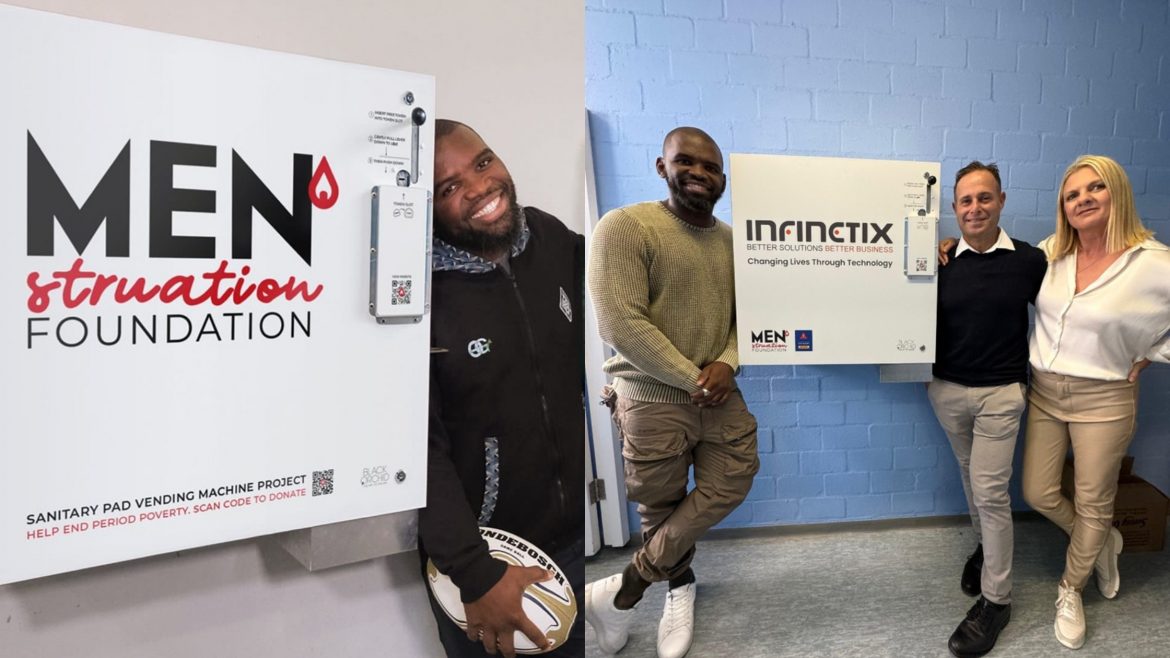Actor and television personality Siv Ngesi has taken on a new role, one that reaches far beyond the screen. The star has co-founded a factory dedicated to producing affordable sanitary pads, with the aim of supporting menstrual health in communities where access remains limited.
A mission to restore dignity
Ngesi explained that the project was inspired by witnessing how many young girls and women are forced to miss school or work because they cannot afford basic menstrual products. By opening the facility, he hopes to tackle both the stigma and the shortage, ensuring that more people can manage their periods without fear or shame.
The factory, now fully operational, is expected to produce close to 200,000 sanitary pads per day at full capacity. For Ngesi, this is not just about quantity but about accessibility. Locally made pads can be distributed quickly and affordably, reaching those most in need.
Beyond products: breaking stigma
Speaking about the initiative, Ngesi said: “This is not just about making a product. It is about restoring dignity, changing lives, and making sure no one has to feel ashamed for something as natural as a period.” He emphasised the importance of ensuring that young girls are not forced to miss out on education and that women do not lose opportunities because of a lack of menstrual health support.
In addition to manufacturing pads, the project also includes an educational drive. Ngesi and his team are working with schools, health professionals, and community organisations to create awareness and open up conversations about menstruation. This, he believes, is essential to ending long-held taboos.
Creating opportunities for women
The factory has already begun creating jobs, with local women hired to produce the pads and assist with community outreach. For Ngesi, empowering women at every stage of the process is central to the vision.
Public health advocates have praised the move, describing it as a step towards menstrual equity. They point out that access to menstrual products is not simply a matter of hygiene but a human rights issue, influencing education, employment, and well-being.
Part of a growing movement
Ngesi’s efforts are part of a wider push to ensure menstrual health is recognised as a public priority. As production increases and awareness campaigns expand, he hopes to encourage others to take action in their own communities.
ALSO SEE:
Millie Bobby Brown and Jake Bongiovi welcome first child through adoption
Featured Image: Instagram | @menstruationfoundationza

